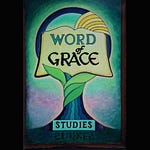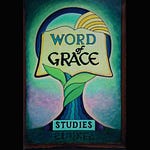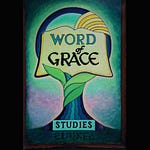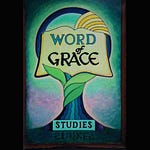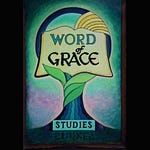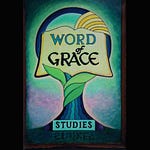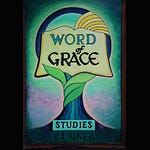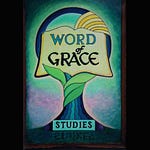Introduction
Eschatology is the study of last things. The word itself is derived from the Greek eschatos (“last”) and -logia (“study of”). In Scripture, the term “last” is used in several distinct ways. It can refer to the day in which the author is writing, as in Hebrews 1:2, or to the time in which the author is writing, as seen in 1 Peter 1:20. It may also indicate future days (Acts 2:17; cf. Joel 2:26–32; 2 Timothy 3:1; James 5:3), future last times (1 Peter 1:5), the time of the resurrection of specific dead (John 6:39–44, 54; 11:24), the last hours (1 John 2:18), the latter times (1 Timothy 4:1), the end (Matthew 24:6, 14; Mark 13:7, 13; Luke 21:9), the end of the age (Matthew 13:40, 49; 28:20; 1 Corinthians 10:11), or the end of all things (1 Peter 4:7). Scripture further reveals that Christ will raise up those whom the Father gave Him in the last days (John 6:39–40). In those days, the Spirit of the Lord will be poured out (Acts 2:17). They will also be marked by perilous times in which men will be lovers of themselves and of money, boasters, proud, blasphemers, disobedient to parents, unthankful, unholy, without natural affection, trucebreakers, false accusers, without self-control, fierce, despisers of good, traitors, headstrong, haughty, and lovers of pleasure rather than lovers of God—having a form of godliness but denying its inherent power (2 Timothy 3:1–5). The salvation of God will be revealed in the last times (1 Peter 1:5), and scoffers will arise in the last days (2 Peter 3:3).
Prophecy is a revelation or statement about the future from God. Whereas prediction is based upon secular or scientific speculation, prophecy is centered upon divine revelation. The interpretation of prophecy is no different from any other section of Scripture, for it must always be interpreted literally. A prophet (נָבִיא) is one who utters divine words, as seen in the prophecy through Jeremiah concerning the destruction of Jerusalem by the hands of the Babylonians (Jeremiah 19:15–20:1), in the words Jeremiah prophesied concerning the nations (Jeremiah 25:13), and in Ezekiel’s prophecy to the dry bones in the valley (Ezekiel 37:1–7). The Greek word for prophet (προφήτης) literally means “to speak before,” referring to prewritten history. Scripture identifies specific prophets by name, including Jeremiah (Matthew 2:17), Isaiah (Matthew 8:17), Daniel (Matthew 24:15), Jonah (Matthew 12:39), Elisha (Luke 4:27), and Joel (Acts 2:16).



